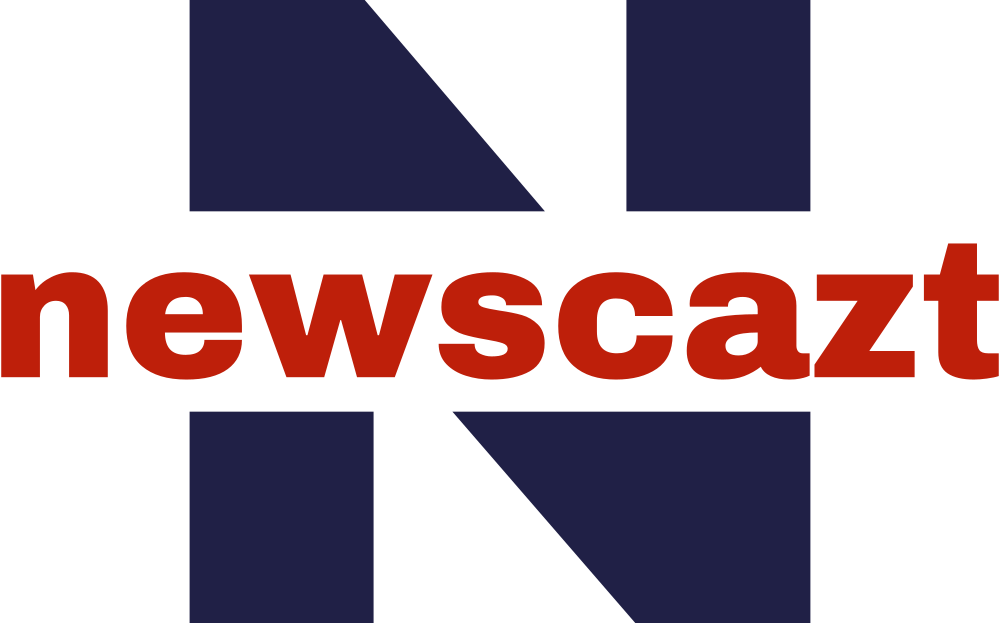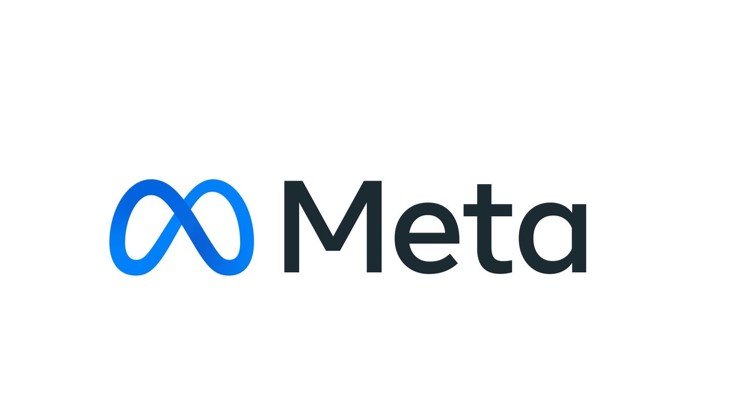Meta Ends DEI Programs Amid Shift in Diversity Practices
Meta, the parent company of Facebook and Instagram, has decided to discontinue its Diversity, Equity, and Inclusion (DEI) initiatives. This move comes amid mounting scrutiny from conservative critics and evolving legal interpretations surrounding diversity practices in the United States.
Key Changes
In a memo addressed to employees, Janelle Gale, Meta’s Vice President of Human Resources, confirmed the termination of DEI-focused programs and modifications to hiring and supplier diversity practices. The company stated these changes were influenced by recent Supreme Court rulings that emphasized non-discrimination based on inherent characteristics.
The term “DEI,” Gale explained, has become contentious, with critics arguing it implies preferential treatment for certain groups. Meta’s Chief Diversity Officer, Maxine Williams, will transition to a role centered on “accessibility and engagement.”
Notably, the company will no longer mandate managers to source candidates from underrepresented groups or prioritize minority-owned vendors. Instead, Meta plans to develop initiatives aimed at mitigating bias across all demographics without focusing on specific identities.
Meta’s Strategic Shift
The decision to end DEI programs aligns with other significant policy changes at Meta. Earlier this week, the company announced the termination of its third-party fact-checking initiative in the United States and revisions to its hateful conduct policies. These updates permit new categories of previously banned content on Meta-owned platforms.
Zuckerberg Meets Trump, Critiques Biden
Meta CEO Mark Zuckerberg recently met with President-elect Donald Trump at Mar-a-Lago, although the company declined to comment on the nature of the discussion. On the same day, Zuckerberg appeared on the Joe Rogan podcast, elaborating on Meta’s evolving philosophy.
Zuckerberg shared that he initially championed free speech on social media but faced challenges following the 2016 election and subsequent demands from the Biden administration to moderate content.
“In 2016, I leaned heavily on the media’s perspective that misinformation was the sole reason for Trump’s election. Over time, I realized this undermined trust in our platform,” Zuckerberg remarked.
Political Pressure
Reflecting on the pandemic era, Zuckerberg detailed how the Biden administration pressured Meta to remove content deemed as misinformation, including memes critical of COVID-19 vaccines. He described interactions where administration officials allegedly “screamed and cursed” at Meta’s team, urging them to act.
Zuckerberg asserted that such external pressures eroded the platform’s credibility, prompting Meta to pivot toward a freer speech model. “After years of navigating these challenges, I feel this is the right direction moving forward,” he stated.
Meta’s decision to reframe its diversity and content moderation policies has sparked debate. While some applaud the emphasis on free expression and equitable hiring practices, others criticize the move as a retreat from efforts to ensure inclusivity and combat misinformation.
The company’s trajectory highlights the tension between balancing societal expectations, legal constraints, and the ideals of free expression in the digital age.
Also See:
Also see: Los Angeles Wildfires Destroy Celebrity Homes
Major US Banks Exit Net Zero Alliance Ahead of Trump Presidency
Mayur Bharatbhai, Affordable Lehengas & Shark Tank
L&T Chairman: Remarks on 90-Hour Workweeks Draw Sharp Criticism
—————————————————————
It would mean the world to us if you follow us on Twitter, Instagram and Facebook.




